Semaglutide – 6MG
Semaglutide – 6mg refers to a specific dosage strength of semaglutide, a medication used primarily for the treatment of type 2 diabetes and obesity. It is a GLP-1 (glucagon-like peptide-1) receptor agonist that mimics the action of the natural hormone GLP-1 to regulate blood sugar levels and support weight management.
What is Semaglutide?
- Drug Class: GLP-1 receptor agonist.
- Mechanism of Action:
- Increases insulin secretion in response to meals.
- Reduces glucagon release, lowering fasting blood sugar levels.
- Slows gastric emptying, promoting satiety and reducing appetite.
Semaglutide 6 mg
- Formulation: Typically refers to injectable forms, such as a prefilled pen.
- Administration:
- Delivered as a subcutaneous injection.
- Typically once weekly, depending on the treatment plan.
Uses
- Type 2 Diabetes:
- Helps improve glycemic control by lowering blood sugar levels.
- Reduces HbA1c levels effectively.
- Often used as part of a comprehensive diabetes management plan.
- Weight Management:
- Approved at higher doses (e.g., 2.4 mg weekly) for chronic weight management in individuals with obesity or overweight with comorbid conditions.
- Even at lower doses like 6 mg, weight loss benefits may be observed due to appetite suppression.
- Cardiovascular Risk Reduction:
- Shown to reduce the risk of major cardiovascular events (e.g., heart attack, stroke) in patients with type 2 diabetes and cardiovascular disease.
Benefits
- Diabetes Control: Lowers blood sugar levels without causing significant hypoglycemia.
- Weight Loss: Promotes a feeling of fullness and reduces caloric intake.
- Heart Health: Improves lipid profiles and reduces cardiovascular risks.
Side Effects
- Common:
- Nausea, vomiting, or diarrhea (usually temporary as the body adjusts).
- Constipation or bloating.
- Fatigue.
- Serious (Rare):
- Pancreatitis (severe abdominal pain).
- Gallbladder issues (e.g., gallstones).
- Kidney problems in susceptible individuals.
- Thyroid tumors (observed in animal studies; rare in humans).
Precautions
- Not recommended for individuals with a personal or family history of medullary thyroid carcinoma (MTC) or multiple endocrine neoplasia syndrome type 2 (MEN 2).
- Should be used with caution in patients with severe gastrointestinal conditions or renal impairment.



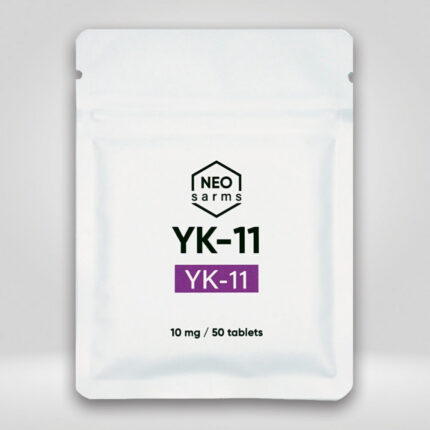
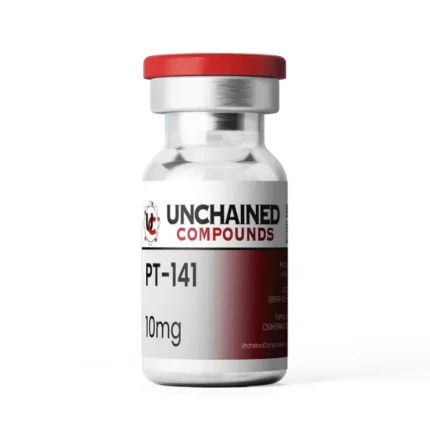


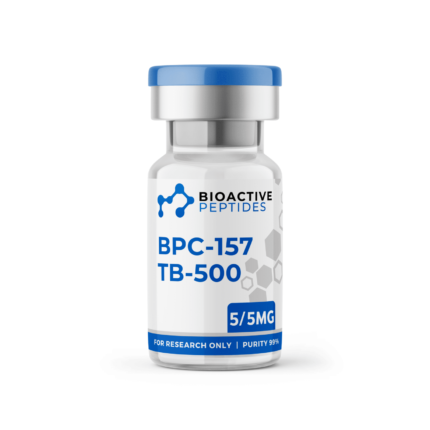





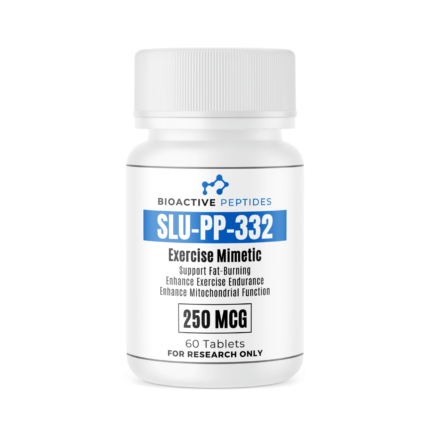
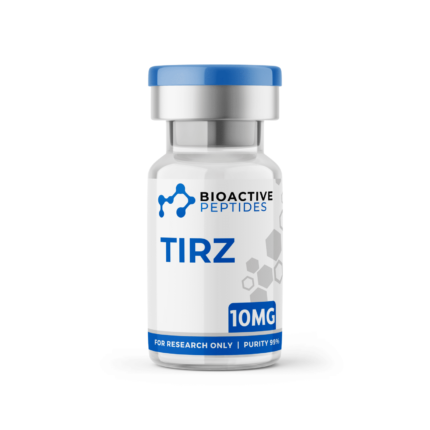


Reviews
There are no reviews yet.